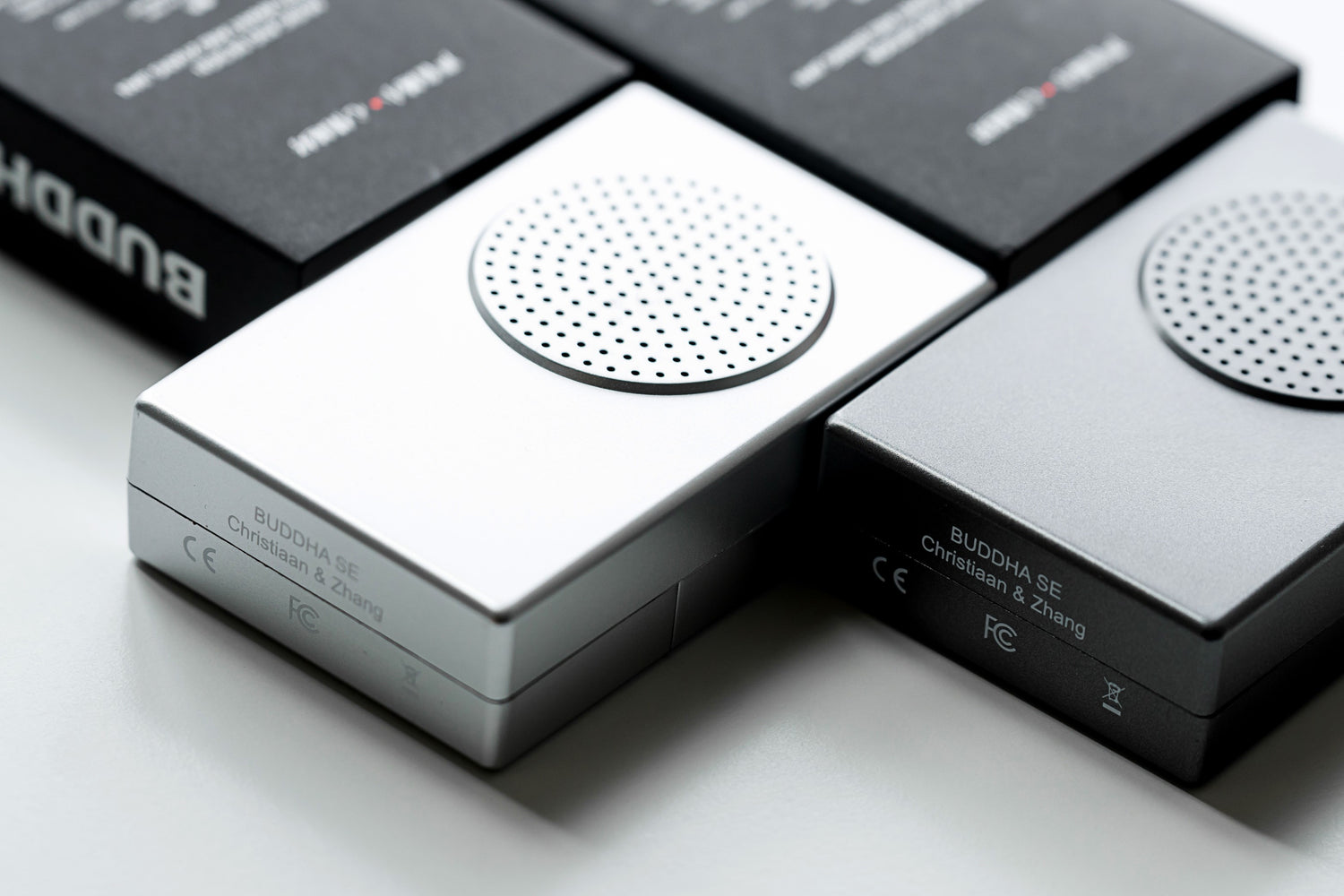Collection: Awesome Tapes From Africa
-
Aby Ngana Diop 'Liital'
Vendor:Awesome Tapes From AfricaRegular price From £11.99 GBPRegular priceUnit price / per -
Ata Kak 'Obaa Sima'
Vendor:Awesome Tapes From AfricaRegular price From £11.99 GBPRegular priceUnit price / per -
Awalom Gebremariam 'Desdes'
Vendor:Awesome Tapes From AfricaRegular price From £11.99 GBPRegular priceUnit price / per -
Bola 'Volume 7'
Vendor:Awesome Tapes From AfricaRegular price From £11.99 GBPRegular priceUnit price / per -
DJ Katapila 'Trotro'
Vendor:Awesome Tapes From AfricaRegular price From £11.99 GBPRegular priceUnit price / per -
 Sold out
Sold outDur-Dur Band 'Volume 5'
Vendor:Awesome Tapes From AfricaRegular price From £11.99 GBPRegular priceUnit price / per -
Hailu Mergia & The Walias 'Tche Belew'
Vendor:Awesome Tapes From AfricaRegular price £11.99 GBPRegular priceUnit price / per -
Hailu Mergia 'Hailu Mergia & His Classical Instrument: Shemonmuanaye'
Vendor:Awesome Tapes From AfricaRegular price From £11.99 GBPRegular priceUnit price / per -
Hailu Mergia 'Lala Belu'
Vendor:Awesome Tapes From AfricaRegular price From £11.99 GBPRegular priceUnit price / per -
Jess Sah Bi & Peter One 'Our Garden Needs Its Flowers'
Vendor:Awesome Tapes From AfricaRegular price From £11.99 GBPRegular priceUnit price / per -
NA Hawa Doumbia 'La Grande Cantatrice Malienne Vol 3'
Vendor:Awesome Tapes From AfricaRegular price From £11.99 GBPRegular priceUnit price / per -
Penny Penny 'Shaka Bundu'
Vendor:Awesome Tapes From AfricaRegular price From £11.99 GBPRegular priceUnit price / per -
Penny Penny 'Shaka Bundu' (Slightly Damaged Sleeve)
Vendor:Awesome Tapes From AfricaRegular price £12.99 GBPRegular priceUnit price / per£21.99 GBPSale price £12.99 GBPSale -
Professor Rhythm 'Bafana Bafana'
Vendor:Awesome Tapes From AfricaRegular price From £11.99 GBPRegular priceUnit price / per -
Umoja '707'
Vendor:Awesome Tapes From AfricaRegular price From £8.99 GBPRegular priceUnit price / per

FM3 'BUDDHA MACHINE SE 2024
FM3 proudly presents the Buddha Machine SE. This special edition, will be available beginning May 2024 in two sleek metallic colors — Silver and Graphite.














